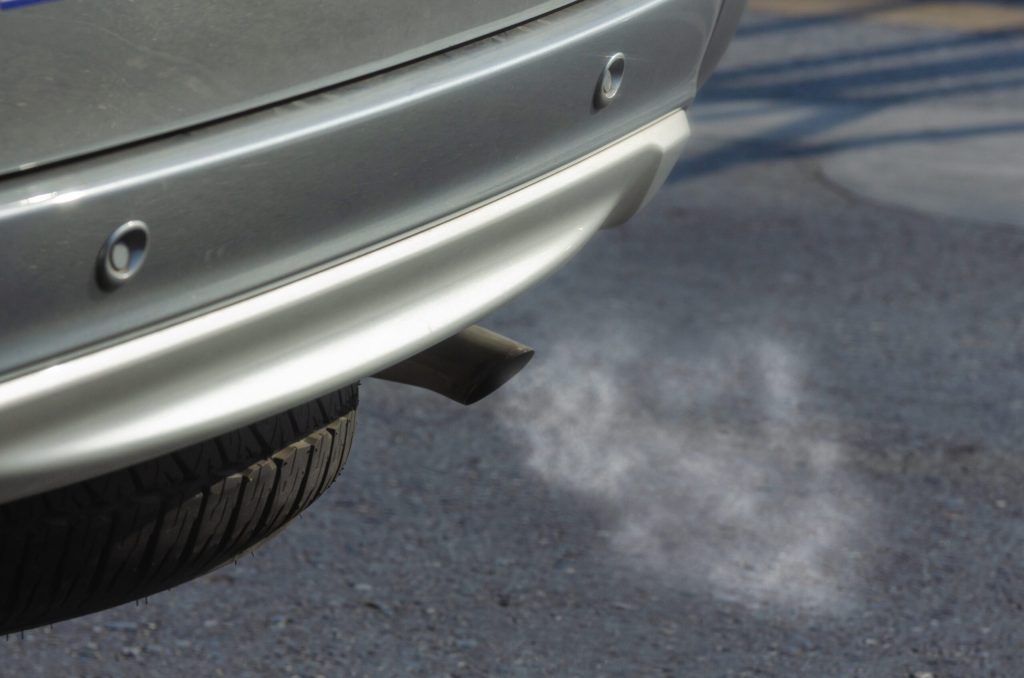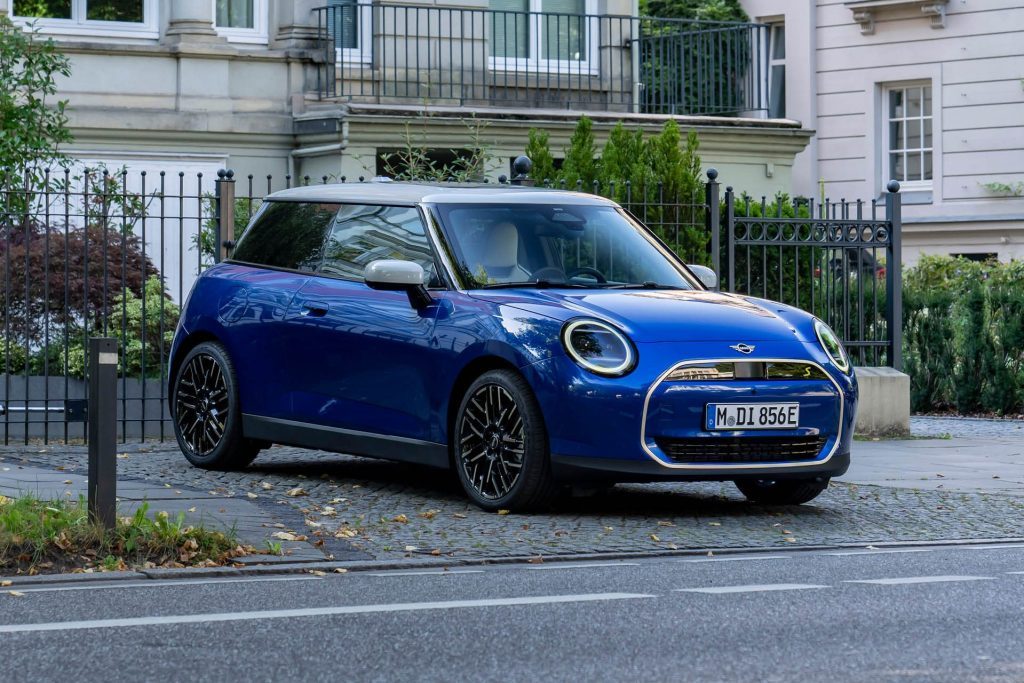Car emissions in Europe have not changed in 12 years, says report
Words: Harrison Wade
A new report out of Europe states that passenger car emissions in the continent haven’t budged in over a decade, even with the rise of electrification.
According to the European Court of Auditors (ECA), diesel-powered cars still chuck out as much “real” emissions (not in a laboratory) as they did 12 years ago, while CO2 output has only slightly decreased by 4.6 per cent for petrol cars.
It’s important to note that the internal combustion engine has become far more efficient thanks to technological advancements and government regulations, but there are a few key factors as to why this has had little effect on overall emissions output.

The auditor reports that progress made in making engines more efficient has effectively been canceled out by how much weight cars have packed on, with vehicle mass increasing by about 10 per cent on average in the last decade. In addition, engines have become around 25 per cent more powerful on average, in turn, releasing more nasties into the atmosphere.
ECA also took aim at hybrids, saying their real-world emissions tend to be much higher than those recorded in the lab.
The only silver lining was the increasing popularity of EVs, which have supposedly been the main driver of emissions reduction in the past few years.
In 2018, just one in 100 new cars registered in Europe was electric, while that number drastically shifted to one in seven by 2022.

But there’s trouble in the electric camp too, in that more access to raw materials is needed, charging infrastructure needs to be bolstered, and prices of electric cars need to come down.
“Given the higher upfront costs of electric cars, consumers may prefer to keep their old polluting vehicles for longer,” ECA stated.
“Electric vehicles can help the EU to come close to a zero-emissions car fleet. However, EU auditors warn that efforts in this direction must shift up a gear.”





